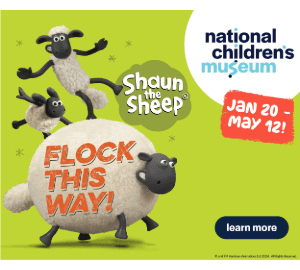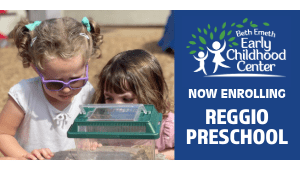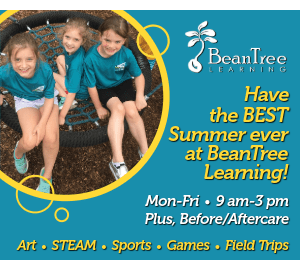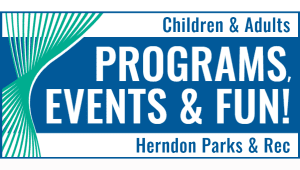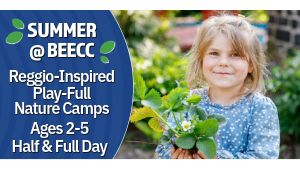By Fairfax Neonatal Associates
Food allergies have been on the rise over the past decade in the US. They have become an important public health concern due to the number of children affected. In infants and young children, cow’s milk continues to be the most common allergy. While the vast majority of children “outgrow” this allergy, that is not the case for all food allergies. Allergies to nuts and seafood are more likely to persist throughout life.
For parents of a child with food allergies, the holidays can be a stressful time. The holidays can bring fear of accidental exposure to food allergens in vulnerable children. Many holiday foods contain at least one of the top eight allergens: milk, egg, wheat, soy, peanut, tree nuts, fish, and shellfish. This can make it difficult for kids with food allergies to enjoy holiday meals and treats.
Even a trace amount of allergen could cause a food-allergic child to go into anaphylaxis, a potentially life-threatening reaction. Parents of children with food allergies need to be extra cautious around the holidays and remember two important steps in prepping for the holidays to keep their food-allergic children safe: always carry an epinephrine 2-pack and review their food allergy action plan to recognize signs and symptoms which would indicate the need to administer epinephrine.
Food allergies do not have to dampen the spirit of the holidays, however. Here are a few tips to help ensure a safe and happy holiday season:
• Offer to host and cook only dishes that are safe for your child. If it is a potluck, choose to take several safe dishes and avoid other foods.
• Do not allow your child to eat any food for which you do not have a list of ingredients.
• Prepare your child’s plate first, so there is no chance of cross-contamination from the switching of serving utensils between dishes.
• Take time to explain your child’s food allergy to wait staff, chefs, caregivers, and relatives. Not everyone understands that even small amounts of food protein can trigger a reaction.
• For those with a peanut allergy, avoid places such as ice cream shops, bakeries, buffets, and Asian food restaurants. Be especially careful with desserts and sauces.
• For school parties, plan to attend if your child is younger. If you can’t attend, talk to the teacher ahead of time and designate an adult and friend who can ensure your child eats only foods that are safe for him or her.
• Send a safe treat for your child in case they cannot have any of the food provided at the party.
• Communicate to your child ahead of time about your plan for staying safe during the holidays. If your child knows that they will not be left out of the fun and will still get to indulge in tasty treats, they will be more willing to follow the rules and help keep themselves safe.
• Know that not all holiday fun has to involve food. Create family traditions that don’t revolve around food, such as reading a special holiday book, watching holiday movies, and making holiday decorations.
• If you leave your child in the care of a babysitter or relative, always provide education on cross-contamination, recognition of allergic reactions, and treatment. Be sure to have your child’s food allergy action plan accessible.
• What about Grandma’s kiss? If someone has consumed peanut or another allergen, a kiss on the cheek is unlikely to cause a systemic reaction. Contact (skin) reactions may lead to no symptoms or localized ones, such as a few hives at the site that can resolve once the area is washed. Know that ingestion is the primary trigger for significant reactions.
• Be prepared and always carry your epinephrine 2-pack. Even if your child had only a mild reaction previously, be prepared for a severe reaction. Prior reactions are not good predictors of future ones. Epinephrine can readily reverse any allergic reaction symptom (if its use is timed appropriately) and is the first line and only treatment for anaphylaxis.
• As your child grows, the challenges you face will change. While toddlers have “curious” hands, teens “take risks.” Take time to plan ahead this holiday season and work with your child on a plan that works for the whole family.


